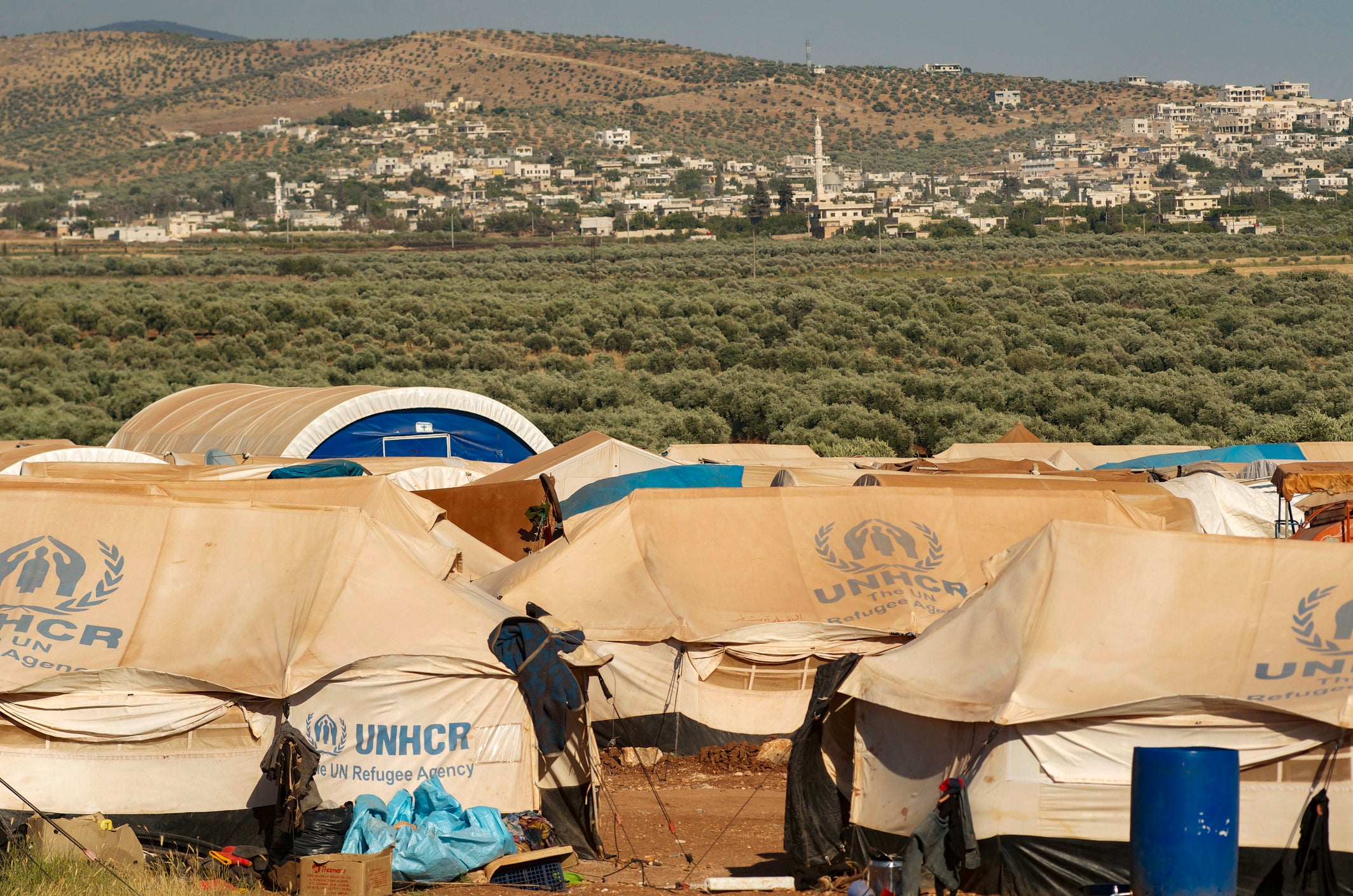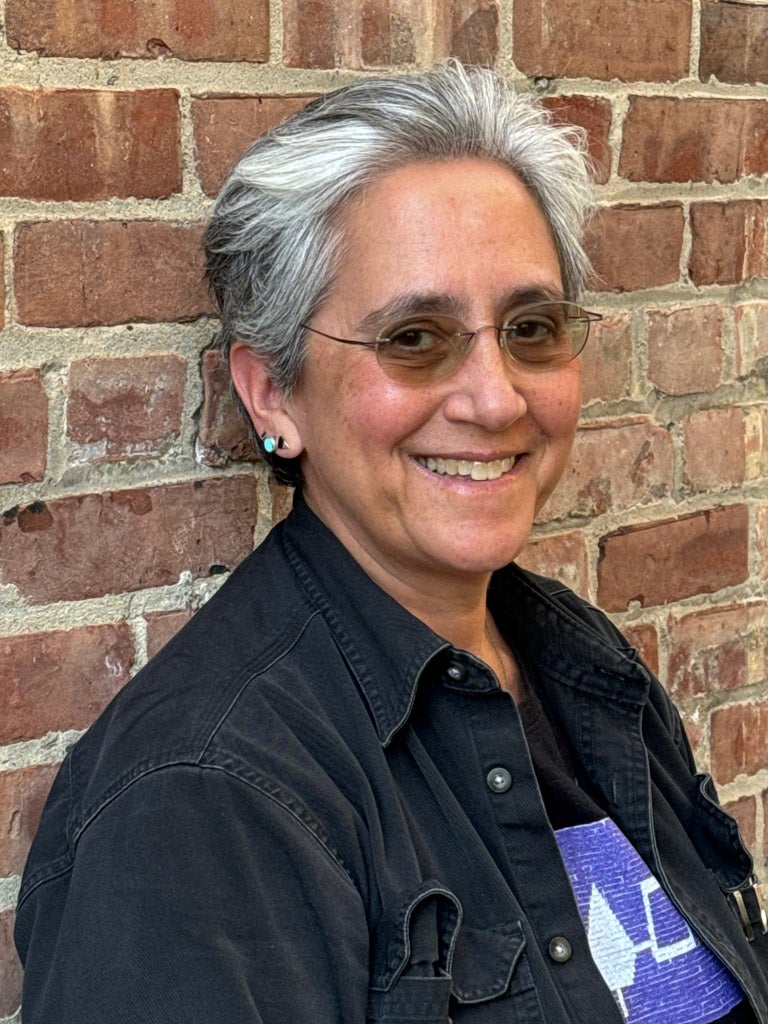What’s lost when federal funding for research is abruptly terminated

Work yielding new insights into disability benefits, trainings for first responders in humanitarian crises, and a model to measure discrimination’s impact on health are among the Harvard Chan projects to lose funding.
Over the past few months, more than two dozen scientists at Harvard T.H. Chan School of Public Health have received termination notices for federal grants, which fund much of the School’s research.
These terminations are separate from the federal government’s recent freeze on more than $2 billion in funding across Harvard. They are aimed at shutting down projects that no longer align with the priorities of agencies such as the National Institutes of Health.
In the first of an ongoing series, three of the affected researchers describe the work that they are shutting down — and the impact on public health.
Ellen Meara, professor of health economics and policy
Funding agency: Sub-award from the National Bureau of Economic Research
Project goal: Federal disability insurance awards, which support the incomes of individuals with disabilities that affect their ability to achieve substantial earnings, have been declining in recent years, with a higher share of applications failing to advance at every stage in the application process.
Our goal was to understand trends in the application review process and who is most affected by declining award rates. We were looking at trends across U.S. states and according to rural residence, racial and ethnic identity, chronic conditions of new awardees, and levels of income, education, and English language proficiency in one’s zip code.

Project impact: By studying changes in the likelihood of disability applications being approved, the Social Security Administration can gain valuable knowledge about which places or people are most likely to be affected positively or negatively by changes in its operations.
What will be lost: Nearly every American is or will be touched by Social Security Administration retirement and disability programs. Ending projects like mine represents a huge lost opportunity to learn how the program is serving the needs of Americans who may be unintentionally left out of programs (for example, people with mental health conditions or who live in rural areas) and how negative unintended consequences of program changes may be addressed.
Phuong Pham, associate professor in the Department of Global Health and Population
Funding agency: U.S. Agency for International Development (USAID)
Project goal: Building a Better Response (BBR) was created to strengthen the ability of national and local non-governmental organizations to navigate and participate in the global humanitarian coordination system effectively.

Project impact: BBR partnered with the International Medical Corps, Concern Worldwide, and hundreds of local agencies to create in-person and interactive e-learning courses that help integrate local actors into the humanitarian system by building strategic partnerships and improving operational effectiveness in complex humanitarian crises.
The courses have been taken by more than 100,000 humanitarians and have become a fundamental requirement for many organizations.
What will be lost: Study after study has shown that investing in coordination, prevention, and local capacity-building increases efficiency and saves money compared to responding to crises after they escalate. When we prepare local responders to act swiftly and effectively, we reduce the human, economic, and security costs of future pandemics and humanitarian emergencies.
The termination of BBR and other vital humanitarian programs will undermine decades of progress and investment in global health security.
Nancy Krieger, professor of social epidemiology
Funding agency: National Institutes of Health, National Institute of Minority Health and Health Disparities
Project goal: To develop novel methods for measuring and analyzing multiple types of discrimination and their adverse impacts on health. We are investigating how to best quantify people’s exposure to different types of discrimination, using both self-report (explicit) measures and a novel brief Implicit Association Test (IAT) for discrimination based on race, sex, sexual orientation, gender identity, age, and weight.

Project impact: We recruited U.S.-born, working-age adults from three community health centers in Boston who allowed us to measure and analyze how different types of discrimination adversely affect their health in three areas: psychological distress, sleep-related disorders, and smoking/vaping.
At the time of our grant termination, we had published four papers. The first two were on our IAT measure for exposure to discrimination. The second two focused on the adverse impacts that the onset of the COVID-19 pandemic had on study recruitment for major U.S. national health and economic surveys, leading to serious underrepresentation of populations hardest hit by the onset of COVID-19—“essential workers” and their families, who were predominantly low-income and people of color, and also nursing home residents.
What will be lost: Termination of this study devalues the lives and lived experiences of the community health center members and erases research on how discrimination harms their health.
Stopping a study in its final year means: (1) our scientific research on discrimination and health will not be completed and published; (2) the study website portal and protocol for providing access to the study’s data will not be generated; (3) the study cannot honor its commitments to the community health centers to share information about our study findings with their health care teams and health center members; and (4) the study team’s job security is adversely affected. We are determined to find ways to make sure our study’s findings and the lives of the people who stepped up to be part of our study are not silenced.
Note: Senior editor Amy Roeder contributed to this story.


